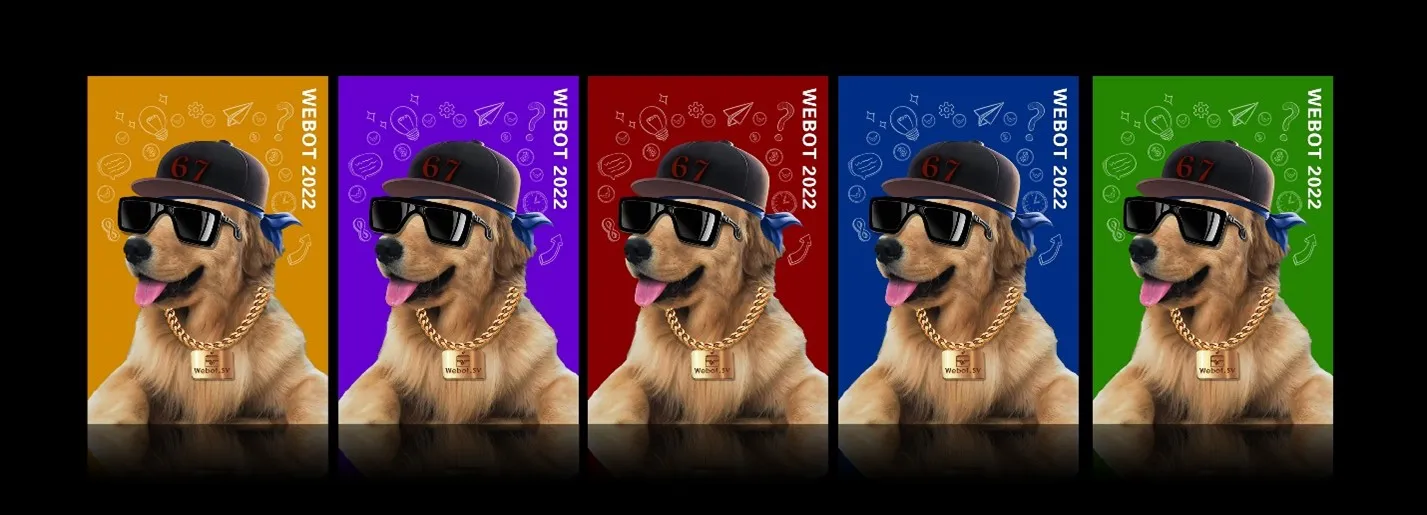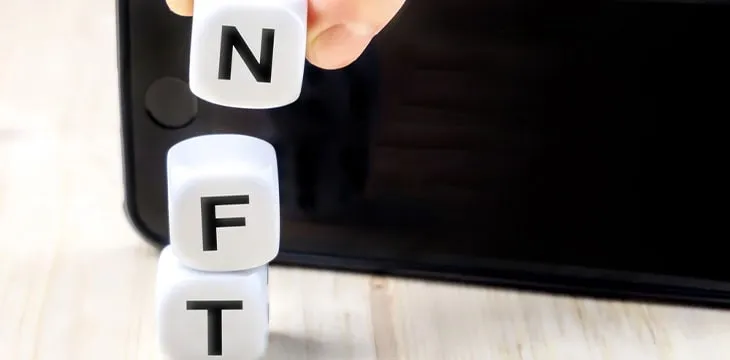|
Getting your Trinity Audio player ready...
|
A hot topic of discussion lately in the Chinese BSV community is this concept of an “Equity NFT” which is essentially a token that entitles the holder to a share of the profit. Naturally I expect half the readers to stop here thinking: “That’s just an illegal security!” Maybe so.
Before jumping to conclusions, I think while such a concept is not new, the implementation of “Equity NFTs” atop a public, auditable, immutable ledger, where the held token has a 24/7 liquid market is novel and will definitely see significant adoption.
https://twitter.com/MetaSoftYR/status/1460916536713961475
Three projects have recently announced plans to sell equity NFTs with various terms and conditions.
MetaElf Land, an upcoming Play to Earn NFT game is selling a “Right to Profit” card this Friday on NFTonShow. Some 300 NFTs will be initially priced at $160 and entitle the holder to 0.01% of the profits of the game. Additionally, “Admission Tickets or Pets” will be gifted to NFT holders. MetaElf Land plans to launch in Q1 2022.
The "brother dog" is going to mint 500 NFTs with his 2022 #webot profits, and 400 of them will be sold pulicly.
Each NFT will be sold for 1 #bsv, and buyers will get dividens at the end of 2022. If it's no enough at that time, buyers will still get dividens until they get 1BSV. pic.twitter.com/NnGtMOekzv— snaight (@snaight) November 20, 2021
Aaron Zhou aka “Brother Dog” will sell a more interesting NFT initially for 1 BSV that will entitle the holder to a single dividend payment on 1/1/2023. If the dividend exceeds 1 BSV, the holder will receive the actual amount earned. If the dividend is less than 1 BSV, Aaron asserts that they will continue to receive dividends past that point until they earn 1 BSV.

The revenue from Aaron’s popular Webot.SV will be shared—which is a BSV and query service that supports Slack, WeChat and Telegram. The primary income of Webot is the popular MetaCoin mining program, where Aaron takes 5% as a fee. 100 NFTs are kept by Aaron, 150 have already been privately distributed and the remaining 250 will be sold to the public next month on NFTOnShow. Check Aaron’s blog post for more details.
The #datobird, which means 'the big head bird', was lauched yesterday on #showapp.
Players can play the game for free, or participate a competition for 10,000 sats each time and the top 40 will get rewards of the day.— snaight (@snaight) November 20, 2021
Datobird, a Flappy Bird clone was launched on the Show App this week where each play costs 10,000 satoshis. Datobird implements a leaderboard-like solution that pays out to top scorers per day at 8 p.m. Beijing Time each day. Some time ago, NFT cards were sold that grant the holder dividends from the profits of the game. 55 are held by the development team, and 45 of NFTs are available via the secondary market on NFTOnShow.
Each project implements the equity NFT mechanics quite differently, and each appear to be quite risky. Rather than speculating on the legality of such structures, I want to highlight the benefits. Private companies distributing such assets directly to interested parties is an effective marketing tool as it aligned incentives between the company, investor, speculator, and user. Furthermore, because the NFT is owned by the holder, they can freely trade the asset at any time based on new information that arises as opposed to being locked in for some period.
Such fluid market dynamics should quickly find the correct price of the asset, and manifest sentiment on the company. Moreover, the company is held accountable by all parties as the distribution (or lack thereof) is visible and auditable by the public. Such markets would be much more transparent than the so-called “public,” “regulatory-compliant” markets today. I look forward to how the market reacts to this type of ‘equity NFTs’ as more are released.

 07-27-2025
07-27-2025 





